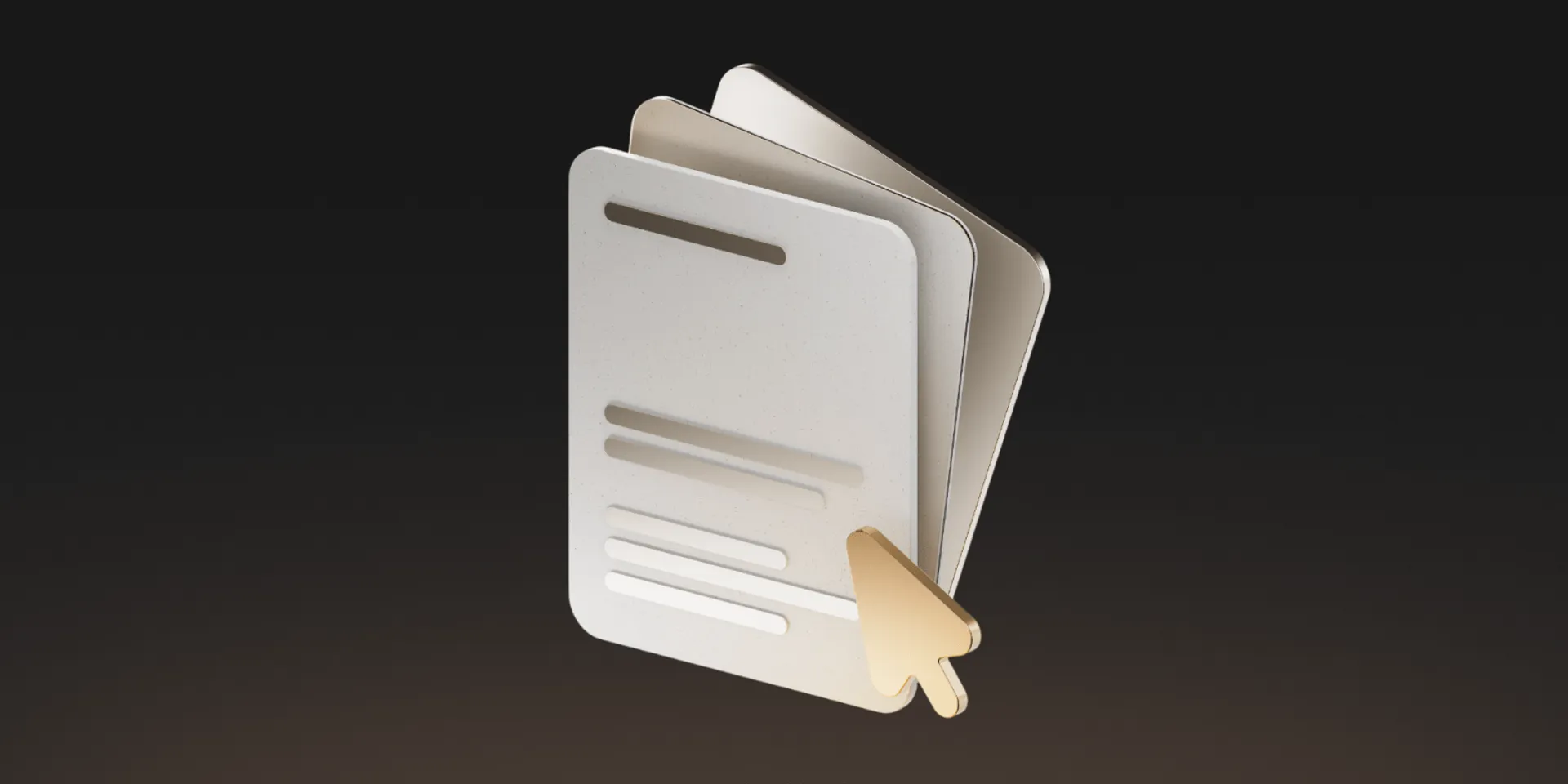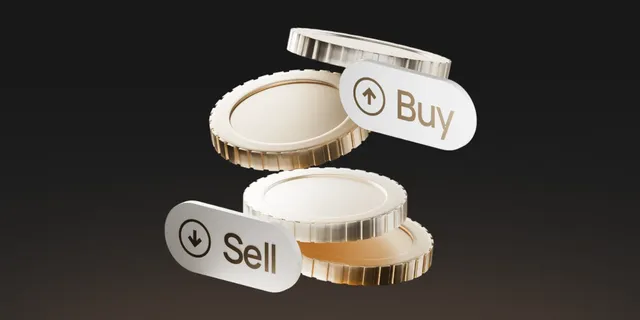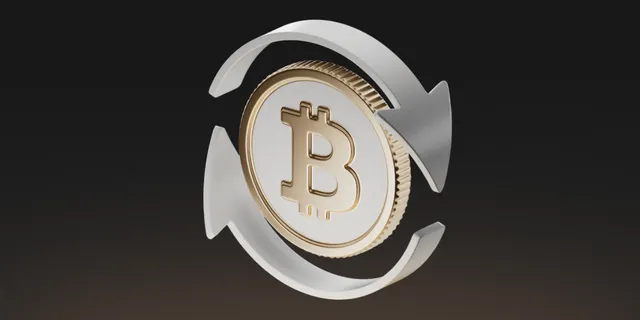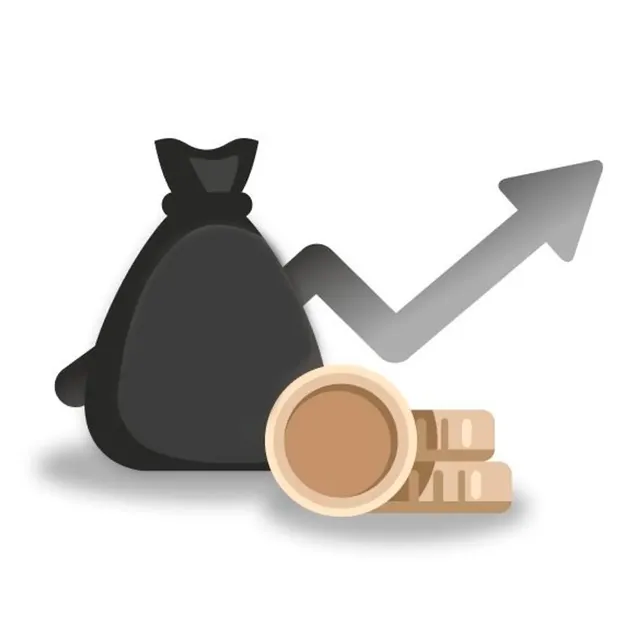What are digital assets and how do they work?

Interest in digital assets is rising sharply. The global digital assets management market, estimated at $6.67 billion in 2025, is projected to grow to $27.53 billion by 2035. So, if you’re looking to capture price movements in digital assets, you’re not alone. But before you begin, it’s important to understand what digital assets are and how to manage them securely and effectively.
What are digital assets?
The defining characteristics of digital assets include:
-
Intangibility: they exist purely as data, without a physical form.
-
Programmability: digital assets on blockchains can be programmed with specific rules and functionalities.
-
Transferability: they can be easily and quickly transferred across networks, often globally.
-
Verifiable ownership: blockchain technology allows immutable and transparent proof of ownership.
-
Scarcity: genuine digital assets often incorporate mechanisms to ensure proof of originality and scarcity, mimicking real-world value.
Types of digital assets
Although the landscape is still evolving, the examples of digital assets available today include:
Cryptocurrencies
These are the most widely recognised digital assets, such as bitcoin (BTC) and ether (ETH). The coins are decentralised and secured by cryptography. They are designed to be used as a medium of exchange, a store of value or a unit of account.
Non-fungible tokens (NFTs)
NFTs represent ownership of a specific item or piece of content, such as digital art, music, videos or even virtual real estate. Unlike cryptocurrencies, each NFT is unique and cannot be replaced by another identical item.
Digital files and content
This broad category includes a vast array of digital data, from personal photos, videos and documents to creative works like e-books, software licenses, music files and digital games. While some may not be explicitly traded on the markets, they hold intrinsic value for their owners.
Virtual world assets
Items within online games and virtual realities, such as unique in-game skins, virtual land or rare items. They often have real-world monetary value and can be bought, sold or traded.
Tokenised securities
These are digital representations of traditional securities like stocks, bonds or real estate, existing on a blockchain. They aim to enhance liquidity and transparency in the traditional financial markets.
How do digital assets work?
Digital assets rely on foundational technologies like blockchain, cryptography, and distributed ledger technology (DLT). Unlike physical assets – where ownership might be proven with a certificate – digital asset ownership is confirmed by cryptographic keys recorded on decentralised blockchains.
When you own a digital asset, you essentially control a private key that gives you the right to that asset. The blockchain ensures that records of ownership and transfers are secure, transparent, and cannot be tampered with.
How digital assets are stored and transferred
How digital assets are stored and transferred varies depending on their type.
-
Cryptocurrencies and NFTs are stored in digital wallets (software or hardware), which hold your private keys. Transferring these assets requires signing a transaction with your private key – verified by blockchain participants and permanently recorded.
-
Files and content: documents, videos, and similar assets are typically stored on cloud platforms, local drives, or external storage devices. Transfers are handled through email, file-sharing services, or messaging apps – blockchain is usually not involved unless they are tokenised.
Regardless of asset type, cryptography is central to ensuring security. It protects your digital property from unauthorised access and guarantees the authenticity of transactions.
Real-world examples of digital assets
Digital assets are no longer limited to theoretical use cases or niche communities. From multinational retailers accepting cryptocurrencies to artists monetising their work through NFTs, digital assets are now woven into everyday commerce, entertainment, and finance. Below are some real-world examples that show how digital assets are being used across industries.
-
Cryptocurrency payments: brands like Dunkin’ Donuts, Whole Foods, Adidas, Uber, Hulu, and Target accept bitcoin payments. Cryptos are also gaining traction for cross-border transfers due to speed and cost-effectiveness.
-
NFTs in art and luxury: artists use NFTs to monetise digital creations. Luxury brands use them for product verification and exclusive offerings. Notably, ‘The Merge’ by Pak sold for $91.8 million – the most expensive NFT ever.
-
Supply chain management: digital tokens can represent physical goods to track shipments immutably, reduce fraud, and improve transparency across supply chains.
-
Virtual worlds and gaming: platforms like Decentraland let users buy or build on virtual land using NFTs. In-game items can also be traded or sold as digital assets, blending real and digital economies.
Interested in trading digital assets like cryptocurrencies? Explore the live crypto markets.
Benefits and drawbacks of digital assets
Before you dig deeper into digital asset management, you should know that they come with both potential advantages and risks.
Benefits
-
Global access – digital assets can be transferred anytime, anywhere, without traditional banking limits.
-
Decentralisation – many operate on networks free from central control, promoting transparency.
-
Security – blockchain systems offer tamper-proof ownership and transaction records.
-
Smart contracts – self-executing agreements can automate complex financial tasks.
Drawbacks
-
Cybersecurity risks – improper storage or weak security can lead to loss of funds.
-
Loss of access – losing private keys means losing access to the asset permanently.
-
Regulatory uncertainty – laws vary by country and are still evolving.
-
Environmental impact – some crypto networks (e.g. bitcoin) consume large amounts of energy.
-
Volatility – prices can change rapidly, which increases trading risk.
For traders, in particular, the volatility of prices makes digital assets high-risk investments. This makes it crucial to make risk management an integral part of your trading strategy.
Ready to strengthen your trading strategy for digital assets? Open a demo account with Capital.com today.
FAQs
What are digital assets?
Digital assets are units of value that exist entirely in digital form. These include cryptocurrencies like bitcoin, NFTs, tokenised securities, and even digital files like videos or software – all of which can hold personal, commercial, or financial worth.
How do digital assets differ from traditional assets?
Unlike traditional assets, which are typically physical (like cash or property) or represented by paper certificates, digital assets are intangible and rely on cryptographic proof of ownership. They are often managed via decentralised networks, offering speed and autonomy.
What are the risks associated with digital assets?
Digital assets carry risks such as market volatility, regulatory unpredictability, cybersecurity threats, and permanent loss of access if private keys are lost. Investors and users must take extra precautions to store and manage them securely.
How can I securely manage digital assets?
Use reputable digital wallets, enable two-factor authentication, and store recovery phrases in safe offline locations. If you're trading, it's important to use a trusted broker platform with strong regulatory credentials and risk management tools.
Visit related finance terms

What is e-wallet

What is blockchain technology
